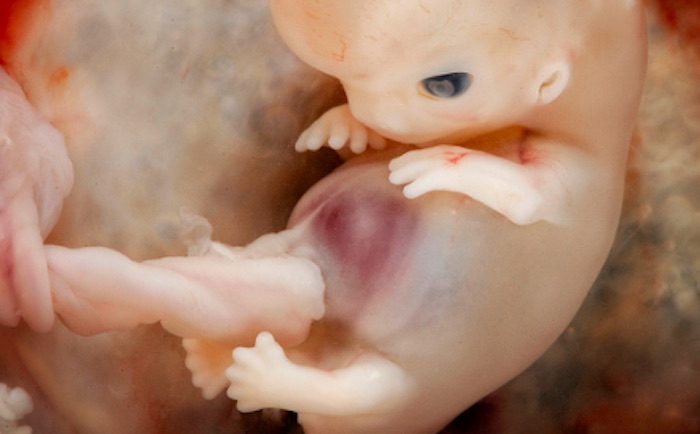The state of Missouri is following through on its promise to work to defend its abortion laws to the Supreme Court. Last month, a federal appeals court blocked the state’s law restricting discriminatory abortions as well as abortions at and after two months — the latest in a years-long battle with the courts. Now, state Attorney General Eric Schmitt is asking the Supreme Court to step in.
In 2019, Missouri passed House Bill 126 restricting abortion based on the child’s sex, race, or prenatal diagnosis as well as abortions beginning at two months, which included an exception if the mother’s life was at risk. (Abortion is never medically necessary.) Mothers also would have been exempt from any punishment for procuring an abortion, though abortionists committing the procedures would have faced up to 15 years in prison. U.S. District Judge Howard Sachs blocked the law just days before it would have taken effect, citing viability.
“The various sections specifying prohibitions on abortions at various weeks prior to viability cannot be allowed to go into effect on August 28, as scheduled,” Sachs wrote. “However formulated, the legislation on its face conflicts with the Supreme Court ruling that neither legislative or judicial limits on abortion can be measured by specified weeks or development of a fetus; instead, ‘viability’ is the sole test for a State’s authority to prohibit abortions where there is no maternal health issue.”
READ: Nashville couple adopts little girl with severe disabilities: ‘We are the luckiest parents’
Roe v. Wade prevents states from restricting abortion prior to 24 weeks (six months), the standard stated age of viability, though children born as young as 21 weeks have survived outside the womb with proper medical care. At eight weeks (two months), a preborn child has detectable brain wave activity, a beating heart with four chambers (starting at about three weeks), and can be seen moving and kicking in ultrasound images. She is a unique human being with her own DNA, which has already determined all of her traits and characteristics.
Sachs allowed the portion of the law restricting discriminatory abortions — abortions committed due to sex, race, or disability — to remain. Yet in June, the 8th Circuit Court of Appeals blocked that portion of the law and upheld Sachs’ decision as well.
Schmitt, however, promised not to give up, saying, “While we’re disappointed in the 8th Circuit’s decision, their decision does provide an avenue for this case to be heard by the Supreme Court, and we plan to seek review in the Supreme Court.” He has petitioned the Supreme Court, asking it to review both the two-month restriction and the discriminatory abortion restriction. Schmitt himself has a son who has special needs including autism, and said this is part of what drives him to fight against discriminatory, eugenic abortions.
“My son Stephen has shown me the inherent beauty in life, and he brings immense joy and love to his loved ones and those around him,” Schmitt said. “A prenatal diagnosis of Down syndrome should not be a death sentence.”
“Like” Live Action News on Facebook for more pro-life news and commentary!







